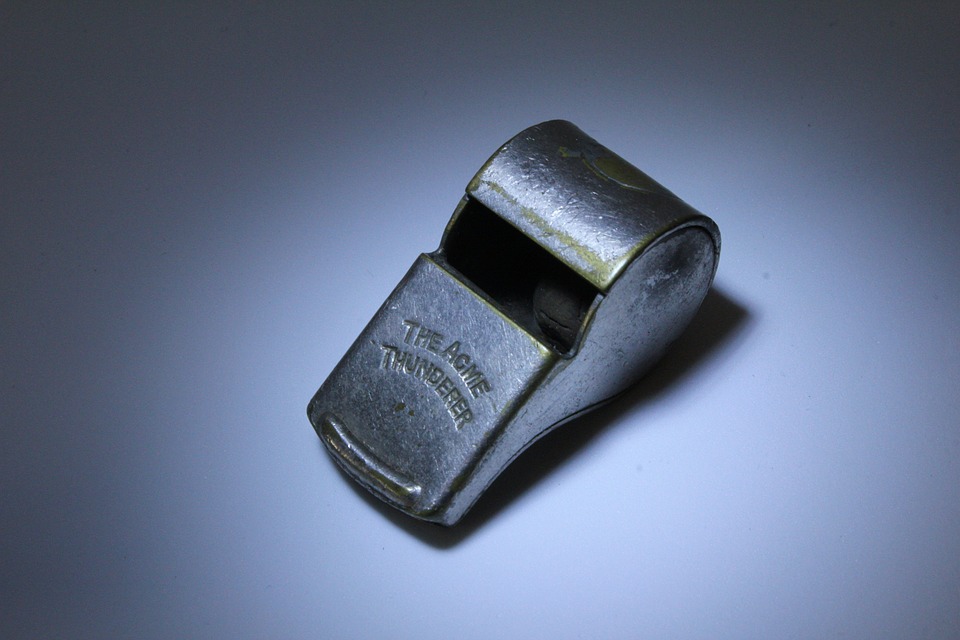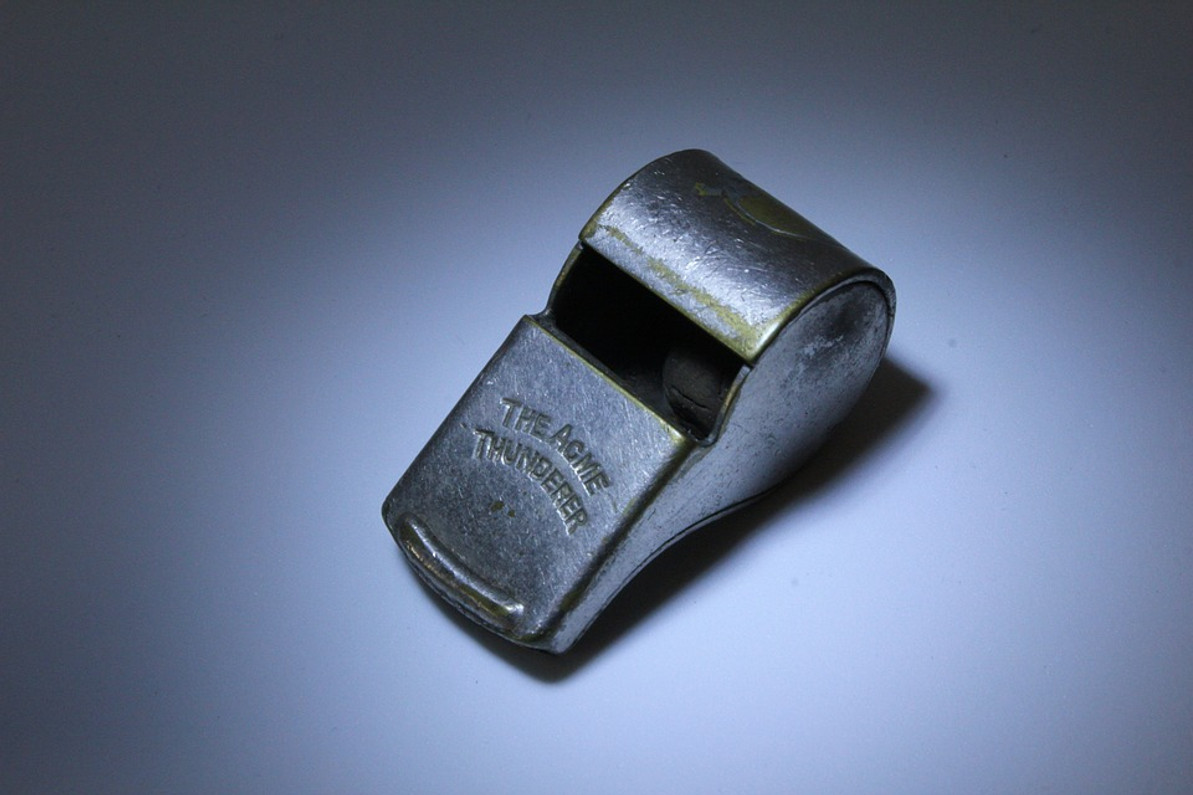OSHA Holds Hearing on Whistleblower Protection Rights

The Occupational Safety and Health Administration (OSHA) recently wrapped up its first hearing with the rail industry regarding its whistleblower protection program. According to OSHA, it received 424 complaints of retaliation against rail workers for reporting safety hazards to OSHA last year, a little over half of which came from the workers themselves. The sheer volume of these complaints has prompted OSHA to hold hearings on how it can improve its whistleblower protection program for rail workers.
As you may already know, OSHA's whistleblower protection program is designed to protect workers who report safety hazards or violations from retaliation. If a worker files a report to OSHA indicating that his or her employer doesn't provide them with the appropriate personal protection equipment (PPE), for instance, that employer cannot fire, repremind or otherwise retaliate against the worker. Currently, OSHA's whistleblower protection
For whatever reason, the rail industry has higher rates of retaliation against whistleblowers than other industries. The recent OSHA hearing revealed that 424 complaints of retaliation were made in 2017, significantly higher than rates of retaliation in other industries.
When speaking about the high rates of whistleblower retaliation, Jay Grimes, director of affairs for Owner-Operator Independent Drivers Association (OOIDA), said the numbers could be attributed to the fact that rail workers file their retaliation reports using the DOT's or FMSCA'a filing system. Because OSHA's is more effective, this doesn't yield and thereby increases the risk of retaliation from their employer.
"But our general thought is that many drivers are not aware of the OSHA whistleblower protections provided by the Surface Transportation Act,” said Grimes. “Drivers are more likely familiar with the DOT and FMCSA filing processes rather than OSHA’s.”
Allowing workers to report hazards and safety violations is essential to creating a safe working environment in all industries, and the rail industry is no exception. If workers fear retaliation, they probably won't report hazards or violations. And as these issues go unresolved, it increases the risk of injury and illness.
OSHA's whistleblower program is designed to protect workers who file a complaint about safety hazards or violations from retaliation. It's an effective tool that OSHA uses to keep injuries and illnesses in check. However, it's important for employers and workers to report such violations using OSHA's own reporting system. As revealed by OSHA in its recent hearing, other filing processes are less effective at driving results and protecting workers from retaliation.
Recent Posts
-
Fire Safety in the Workplace: What You Need to Know
What steps are you taking to prevent fires in your workplace? According to the U.S. Occupational Saf …Aug 23rd 2023 -
Is It Safe to Go Jogging With a Cold Infection?
If you're suffering from a cold infection, you might be wondering whether it's safe to go jogging. T …Aug 22nd 2023 -
5 Safety Tips to Follow When Using a Powder-Actuated Tool
Powder-actuated tools are commonly used to join materials to steel and concrete. Also known as Hilti …Aug 20th 2023




